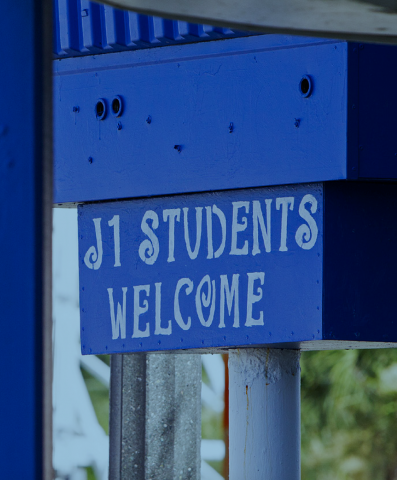July 30, 2019
New Report Reveals Realities of the J-1 Summer Work Travel Visa Program

A new report released today, “Shining a Light on Summer Work: A First Look at the Employers Using the J-1 Summer Work Travel Visa,” reveals the realities of the J-1 Summer Work Travel Visa program (SWT) -- that it can be used as a source of cheap, exploitable labor. The report presents findings about the industries and 16,000 companies using the J-1 SWT program and highlights the vulnerabilities that 100,000 young migrant workers face each year while employed through the program.
“I am speaking out because I don’t want others to fall into this trap,” said Oliver Benzon, a former J-1 SWT worker in Ocean City. “The world needs to know about this program -- a government-approved program that businesses are using to denigrate workers’ rights.”
This critical new data set makes clear that J1 Summer Work Travel Visa program is a work program—and not simply a cultural exchange program with “participants”—and needs to be regulated as one. Employers are using the SWT program to supplement their workforce while simultaneously recruiting and hiring workers in other visa programs—some of which have annual numerical limits—like the H-2B temporary work visa program for non-agricultural jobs.
The report recommends specific policies and reforms that would help protect workers in affected industries and communities:
Require that the program fulfill its original mission of cultural exchange
Guarantee that J-1 workers have robust labor and employment protections and that the program does not adversely affect the wages and working conditions of U.S. workers
Regulate the recruitment of J-1 workers to protect against fraud, discrimination, and human trafficking
Provide J-1 workers effective mechanisms for legal recourse when their rights are violated
Make information about the J-1 program publicly available and easily accessible to stakeholders and the public
Workers can take action, if they believe they or someone they know is a victim of trafficking, by calling the National Line Against Trafficking at 1-888-373-7888. The call is free and lines are open 24 hours a day, 7 days a week.
